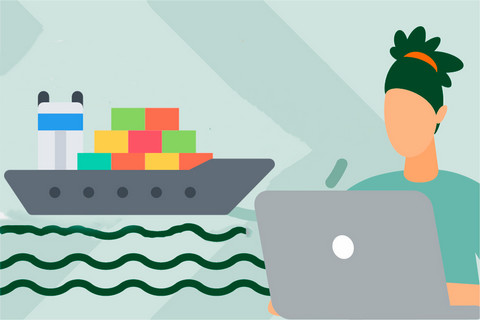When we think of exporting, we tend to envision a parcel being sent overseas. However, exporting can occur through just about any means such as telephone calls, email, lab tours, meetings, computer data, social media, visual inspection, oral exchanges, screen shots, auditory, and shared drives. This is why it is important to be conscious of your environment and those who are in it.
One of the biggest concerns with respect to export controls, especially at the University, is “deemed export” violations. These occur when an item, technology, or even source code is released (or exported) to a foreign person within the United States. In a university setting, it is important that items such as unpublished research findings, funds, computers, lasers, and electronics are not released to a foreign person without the proper license or authorizing documentation in place first.





